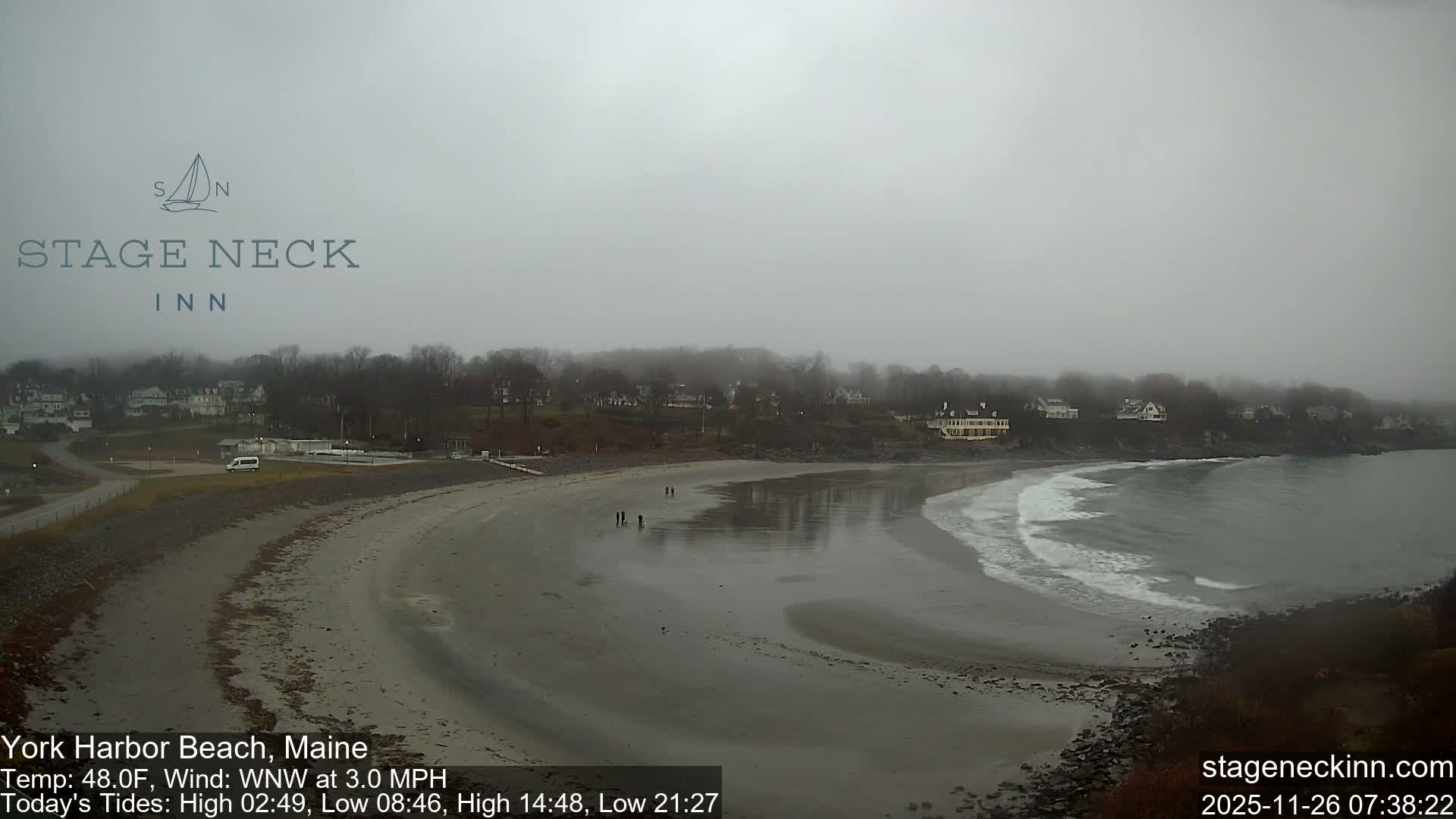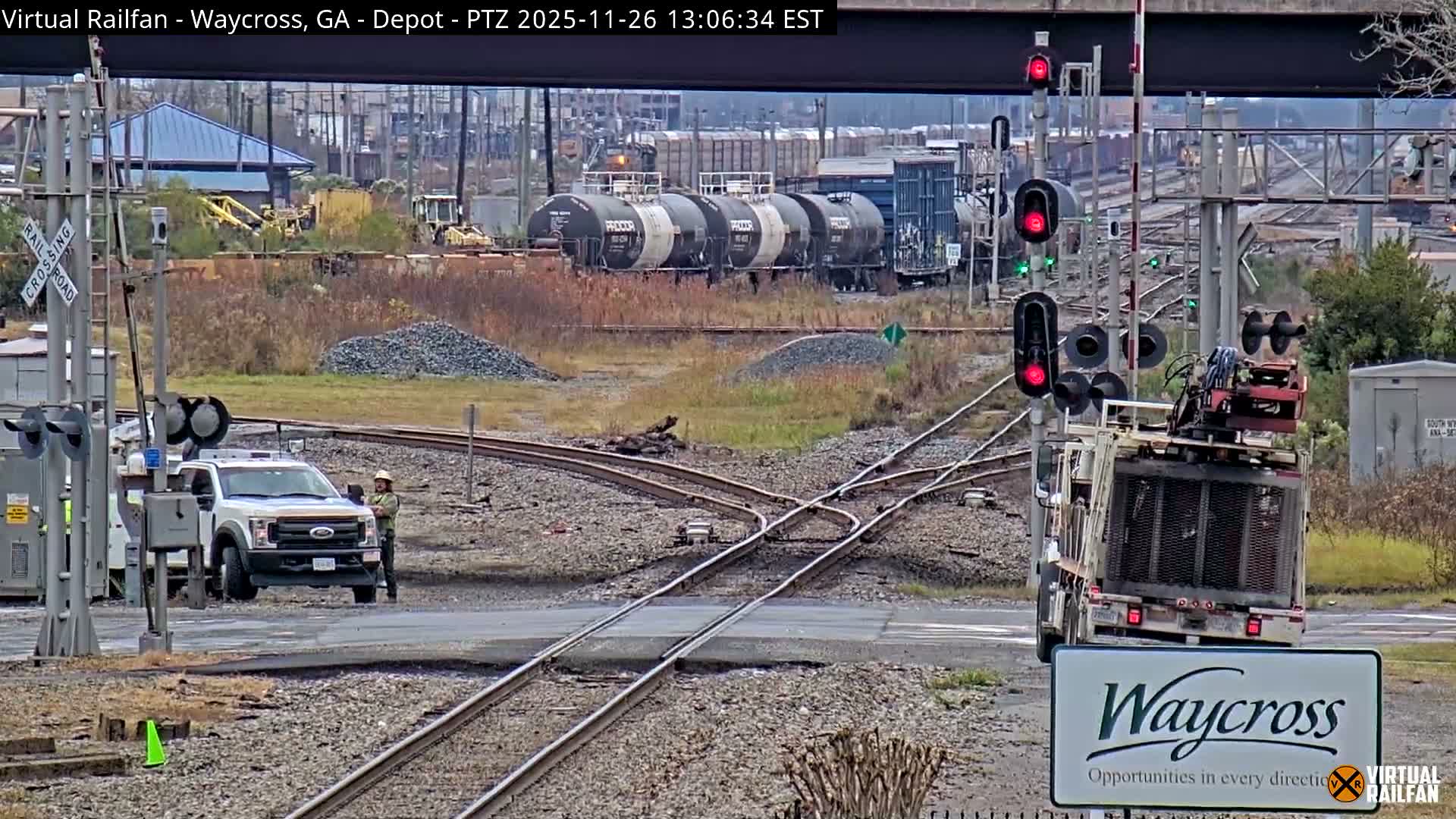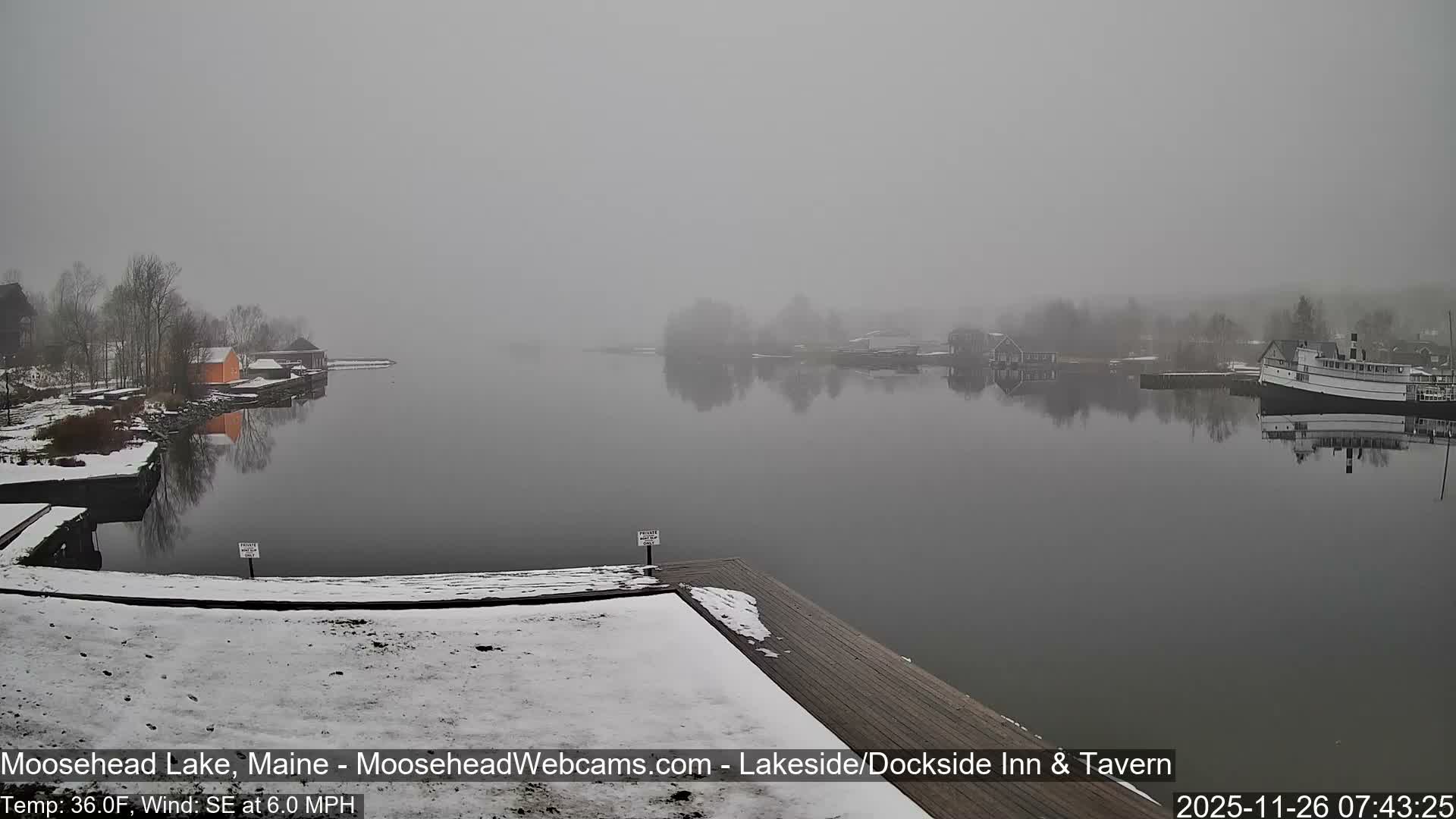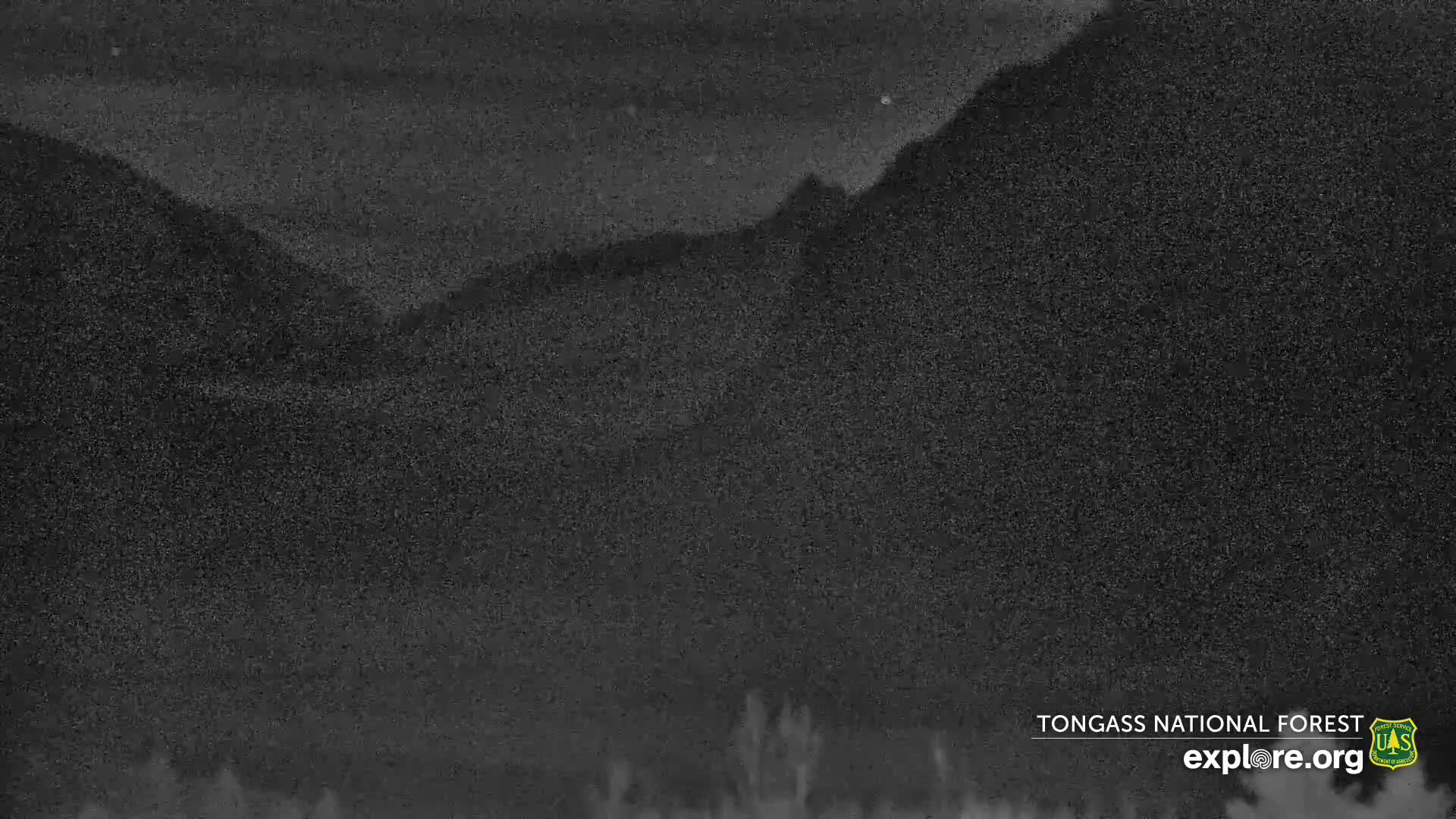Cuba Condemns "Aggressive" US Stance as Caribbean Tensions Soar Over Venezuela; Drug War & Covert Ops Warnings Issued
 United States
International Relations
United States
International Relations
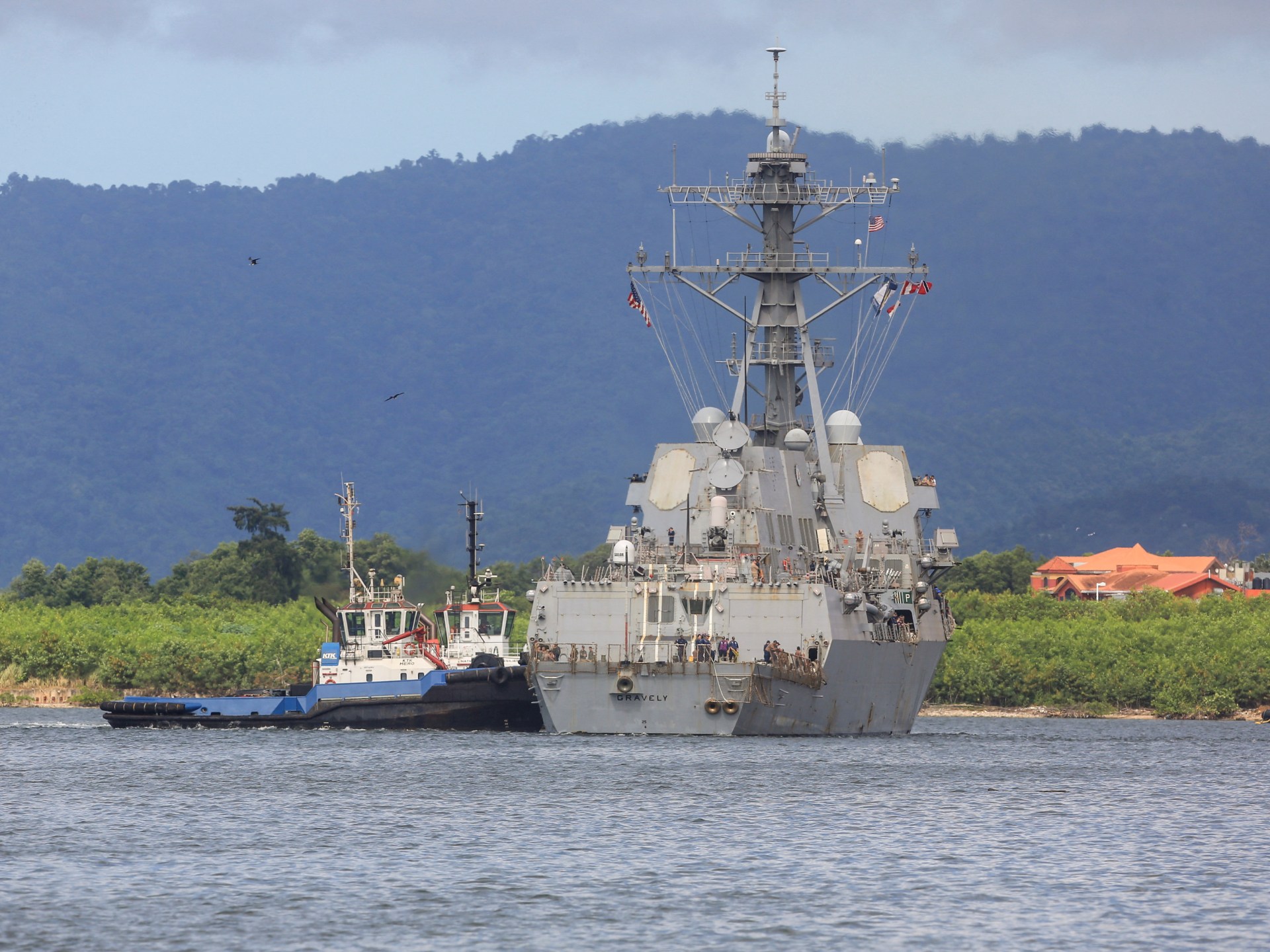
Cuba condemned the US's "aggressive" military buildup in the Caribbean, warning of regional instability amid rising tensions with Venezuela. The US has increase
Cuba Condemns "Aggressive" US Stance, Warns of Regional Instability in Caribbean
Cuba has issued a forceful condemnation of the United States' increasing military presence and "aggressive" posture in the Caribbean, asserting that Washington is actively pushing for the violent overthrow of Venezuela's leadership. Havana warned that such an escalation poses an "exaggerated and aggressive" threat, jeopardizing regional stability.
In a Tuesday statement, Cuban Foreign Minister Bruno Rodriguez urged the American public to intervene, stating, "We appeal to the people of the United States to stop this madness." Rodriguez expressed grave concerns that the US government's actions could lead to "an incalculable number of deaths and create a scenario of violence and instability in the hemisphere that would be unimaginable," further highlighting that these measures would violate both international law and the United Nations charter.
Escalating Tensions with Venezuela
The strong rebuke from Cuba comes amidst reports that US President Donald Trump is considering further actions against Venezuelan President Nicolas Maduro, with the White House not ruling out more forceful interventions. The Trump administration has consistently accused Maduro of orchestrating drug smuggling operations into the US, despite failing to provide any concrete evidence to substantiate these claims.
Over the past two months, US forces have carried out 21 bombardments on boats in the Caribbean Sea and Pacific Ocean, resulting in at least 83 fatalities. While the US justified these attacks by claiming the vessels were involved in drug trafficking, no evidence of narcotics on board has been released. Legal experts have argued that even if drugs were present, the attacks likely contravene international law.
The US military footprint in the Caribbean is currently at its largest in decades, with approximately 15,000 personnel deployed across the region. Despite President Trump's repeated assurances that he does not seek to topple the Venezuelan government, recent developments have intensified fears of potential US military intervention. Reuters reported on Saturday, citing four US officials, that Washington is gearing up for a new phase of Venezuela-related operations, with two officials indicating that overthrowing Maduro remains an option. Last month, Trump reportedly authorized the CIA to conduct covert operations in Venezuela and has maintained a substantial $50 million reward for Maduro, a figure that has grown significantly since his first term. Maduro, who has led Venezuela since 2013, maintains that the US aims to remove him and vows that both the Venezuelan military and populace would resist such attempts.
Tensions escalated further this week after the US formally designated the "Cartel de los Soles" (Cartel of the Suns) as a foreign terrorist organization (FTO). This term is commonly used by Venezuelans to describe high-level corruption within the country's senior officialdom, rather than an organized criminal cartel in the traditional sense. Despite the rising friction, Trump reportedly informed advisors on Monday of his intention to engage in direct talks with Maduro at an undisclosed future date.
Caribbean Diplomatic Offensive
Concurrently with the heightened tensions, senior US military officials embarked on a Caribbean tour this week to engage with regional leaders. Dan Caine, Chairman of the Joint Chiefs of Staff, visited Trinidad and Tobago on Tuesday, holding discussions with Prime Minister Kamla Persad-Bissessar. A summary from Caine's office confirmed that the two leaders reaffirmed bilateral ties and "exchanged views on challenges affecting the Caribbean region, including the destabilizing effects of illicit narcotics … and transnational criminal organization activities." Caine reiterated Washington's commitment to "address shared threats and deepen collaboration across the Caribbean."
Caine's tour began on Monday in Puerto Rico, where he met with US troops. Defense Secretary Pete Hegseth is scheduled to continue this diplomatic outreach on Wednesday in Santo Domingo, Dominican Republic, for meetings with President Luis Abinader and Defence Minister Carlos Antonio Fernandez Onofre. The Pentagon stated that Hegseth's visit aims to "strengthen defense relationships and reaffirm America’s commitment to defend the homeland."
Most Caribbean leaders have adopted a cautious approach to the US strikes on alleged drug-smuggling vessels, advocating for restraint and diplomatic dialogue. However, Trinidad and Tobago's Prime Minister Persad-Bissessar has publicly endorsed the attacks. In early September, she controversially declared she had "no sympathy for drug traffickers," asserting that "the US military should kill them all violently." Her remarks drew sharp criticism from regional figures and domestic opposition politicians. Amery Browne, Trinidad's former foreign minister, told Newsday that Persad-Bissessar's stance was "reckless" and had alienated Trinidad and Tobago from CARICOM, the regional trade bloc.
